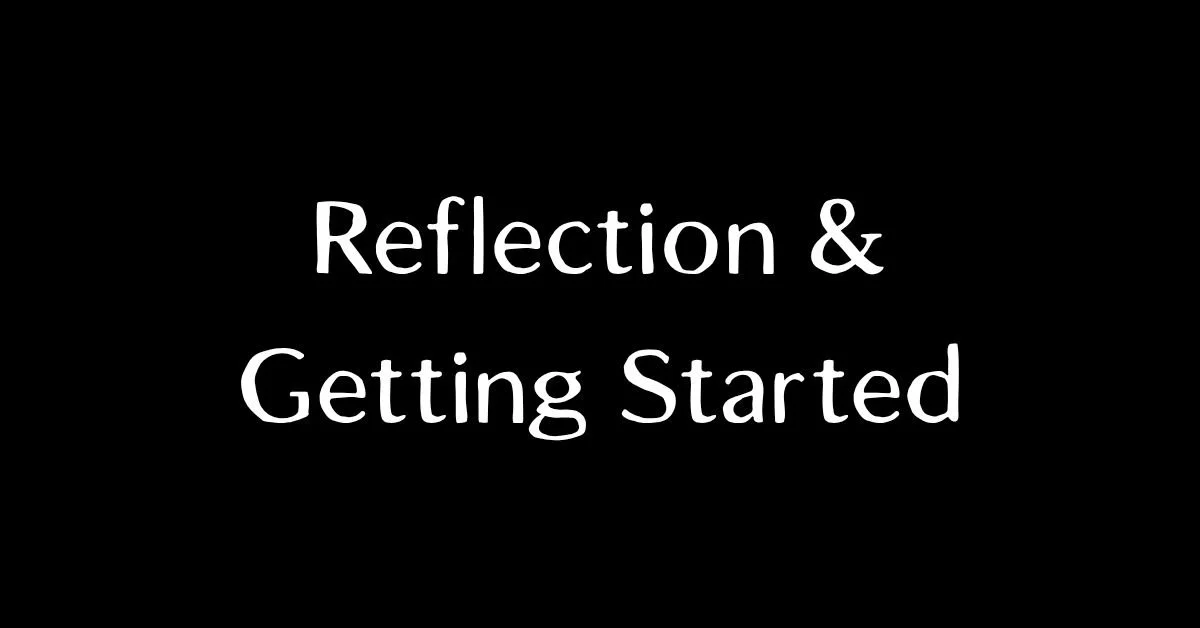Decentering Whiteness: Our Journey Together
Understanding Decentering Whiteness
Our Program: Engaging Your Congregation
Level One: Introduction & Foundational Learning
Level Two: Engaging in Self-Reflection & Critical Dialogue
Level Three: Facing Hard Truths & Beginning to Engage More Directly
Taking Action: Practical Ways to Decenter Whiteness in Church
Reflection and Getting Started
Stories From Our Congregations
Contact and Support for Decentering Whiteness
The Importance of Local Church Involvement & Ownership
It is vital that churches establish a person or a committee to drive the work of Decentering Whiteness in the local church. This designated body serves several crucial roles:
Spearheading the Initiative: Leading the effort within the local church community.
Liaising with the DWTF: Serving as the connection point with the Conference's Decentering Whiteness Task Force (DWTF) to access resources and guidance.
Providing Feedback: Sharing activities, progress, and learnings with the Conference to inspire and inform other congregations.
By actively participating in this collaborative network, churches foster a collective movement towards a more equitable and inclusive faith community.
Exercise: Unpacking White Privilege: Personal and Church-Wide Reflection
[click here for a downloadable PDF]
Introduction:
Our journey towards racial justice demands both personal introspection and communal accountability. As individuals, we must confront how white privilege has shaped our lives. As a church, we must examine how our institutions may have perpetuated racial inequality. This exercise facilitates this dual reflection.
Part 1: Personal Reflection on White Privilege
(For white individuals)
When was the first time you became aware of your own race, and what were the circumstances?
How has your racial identity shaped your access to opportunities (education, housing, employment, etc.)?
What are some instances where you've been treated as an individual, while people of color were treated as representatives of their entire race?
How have you benefited from a system that historically and currently disadvantages people of color?
In what ways have you been silent or complicit in the face of racial injustice, even if unintentionally?
How have you perpetuated stereotypes or microaggressions, even if you didn't intend to cause harm?
What are the limitations of your current understanding of race and racism, and what steps are you taking to expand your knowledge?
How do you center the voices and experiences of people of color in your life and work?
What specific actions are you taking to dismantle white supremacy and promote racial justice in your sphere of influence?
How will you hold yourself accountable for continued growth?
Part 2: Church-Wide Reflection on Racial Justice
(For congregational discussion)
How has our church's history and demographics reflected or perpetuated racial segregation or exclusion?
How do our church's programs and outreach initiatives address or fail to address the needs of racially diverse communities?
How do we ensure that the voices and experiences of people of color are centered and valued in our worship, leadership, and decision-making?
How has our church benefited from or been complicit in systems of racial oppression, both historically and in the present?
In what ways has our church remained silent or inactive in addressing racial injustice within our community and beyond?
How might our church's language, imagery, and traditions perpetuate harmful stereotypes or microaggressions?
What resources and educational opportunities are we providing to help our congregation deepen their understanding of race and racism?
How are we actively building relationships with and supporting the leadership of people of color within our church and community?
What specific actions are we taking as a church to dismantle white supremacy and promote racial justice within our congregation and community?
How will we hold ourselves accountable as a church for continued growth?
Conclusion:
This process of reflection is an ongoing commitment requiring vulnerability, honesty, and dedication to learning. The goal is to transform understanding into meaningful action, fostering a church that truly embodies God's love and justice.
Conference Support & Resources for All Levels
Conference Support: Look for quarterly newsletters and “In The Loop” reminders with suggested activities and reports from other congregations. Access to outside facilitators, SC2ER and ASDIC graduates, or paid experts may be available as needed. The Decentering Whiteness Task Force (DWTF) can offer guidance in identifying suitable resource people.
Clergy Involvement & Training: Clergy Lunch & Learn calls focus on integrating these efforts into preaching and pastoral care. Discussions with Conference leadership help ensure clergy are equipped. Explore continuing education opportunities (CEUs) for clergy participating in or leading related workshops.

